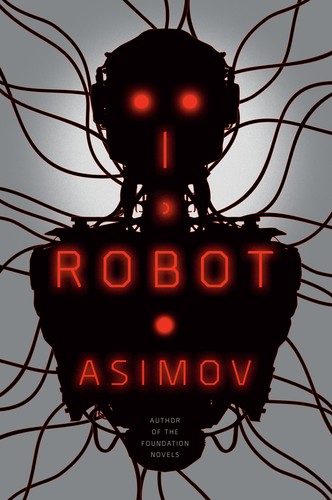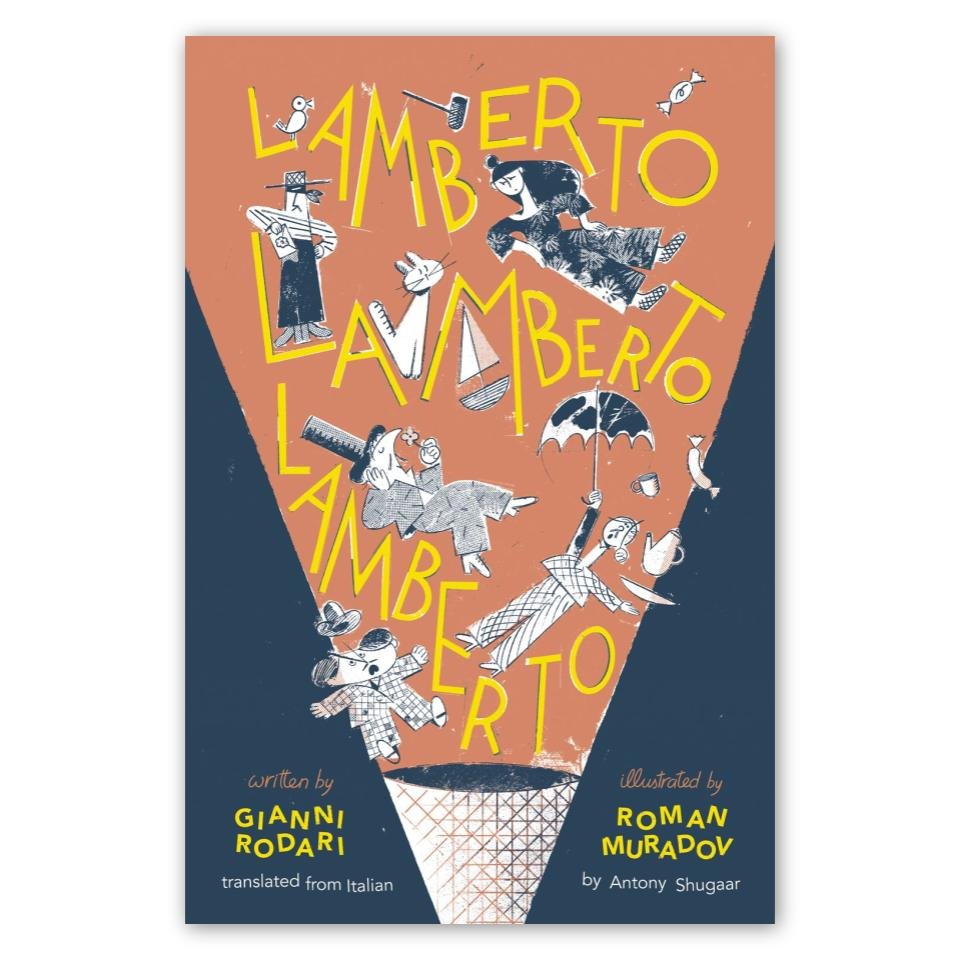Andrew Goldstone finished reading Manhattan Transfer by John Dos Passos
At some point I decided it was safe to mix a little modernism into my recreational reading diet now and then, figuring that my research is now far enough from modernism that it won't normally make me start anxiously thinking about whether I need to address it professionally. On the one hand, this didn't give me agità. On the other hand, meh. Enjoyed the downtown local color, but not so much the sense of reading a second-tier Sister Carrie rendered in montage. Brief glimpse of deported reds singing the Internationale is relevant, I guess.
At some point I decided it was safe to mix a little modernism into my recreational reading diet now and then, figuring that my research is now far enough from modernism that it won't normally make me start anxiously thinking about whether I need to address it professionally. On the one hand, this didn't give me agità. On the other hand, meh. Enjoyed the downtown local color, but not so much the sense of reading a second-tier Sister Carrie rendered in montage. Brief glimpse of deported reds singing the Internationale is relevant, I guess.


















